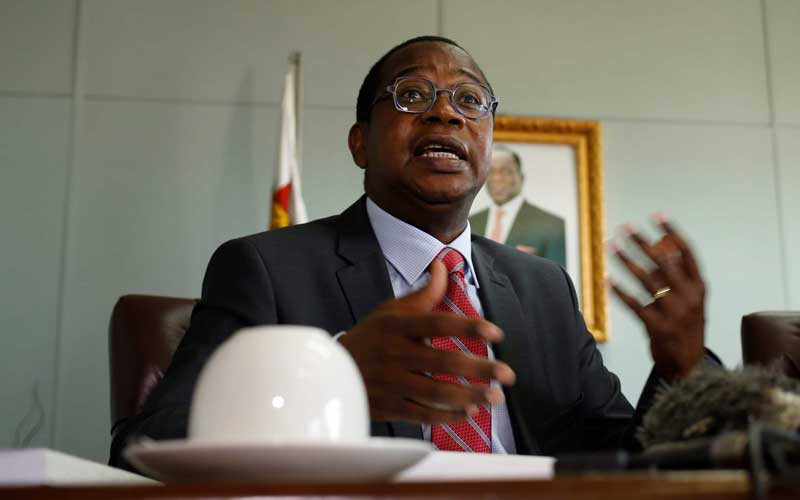
REVELATIONS made by the Confederation of Zimbabwe Industries (CZI) that the Zimbabwe dollar has lost its function as the primary currency in the country exposes the failure by government to stabilise the local unit.
The damning indictment by CZI shows that the latest gymnastics by Finance minister Mthuli Ncube and his counterpart at the Reserve Bank of Zimbabwe, John Mangudya, in a bid to stabilise the Zimdollar — which include the introduction of the value for money in government contracts and gold coins — have unsurprisingly hit a brickwall.
“The Zimbabwe dollar has lost its function as a store of value and economic agents no longer want to hold the Zimbabwe dollar. In some cases, the Zimbabwe dollar is being completely rejected in the informal sector,” the industry representative body told us in its inflation and currency economic review for January.
“While controlling Zimdollar inflation remains the only way to enhance the store of value function, there is an urgent need to at least restore the function of the Zimdollar as a medium of exchange.”
Since the start of the year, seven weeks ago, the local currency has lost 27% of its value versus the greenback, which speaks to the futility of attempting to shore up a currency that is shorn of market confidence.
This is the culmination of President Emmerson Mnangagwa’s June 2019 decision to reintroduce the Zimbabwe dollar and ban the multi-currency regime under Statutory Instrument 142 without the requisite benchmarks.
This led to inflation skyrocketing to more than 800% in July that year and the effects continue to be felt today.
Such was the impact that government made an embarrassing climb-down and reintroduced the multi-currency regime, initially under the guise of ameliorating the impact of the COVID-19.
- Mthuli Ncube abandons struggling consumers
- Fears of jobs carnage as crisis deepens
- Fresh warning over bank rate hikes
- In Conversation with Trevor: ‘Zim must invest in human capital’
Keep Reading
It has been downhill since, despite numerous, but ultimately, futile moves by government to stabilise the local unit.
These include introducing a law to ban moneychangers, suspending trading on the Zimbabwe Stock Exchange, enacting a law penalising the pricing of goods above the official rate and even going as far as suspending bank lending altogether.
Indeed, it has been a case of government groping in the dark hoping to strike the right chord. That magic formula has eluded the authorities so far.
The tragedy, of course, is that while government stumbles from one failed strategy to another, it is the citizens that bear the brunt through eroded incomes and increased levels of poverty.
As long as government continues to tamper with the markets and manipulate the foreign exchange rate, its efforts to stabilise the Zimbabwe dollar will remain futile.
Clearly, the lessons of the 2008 hyperinflationary era have not been learnt.







